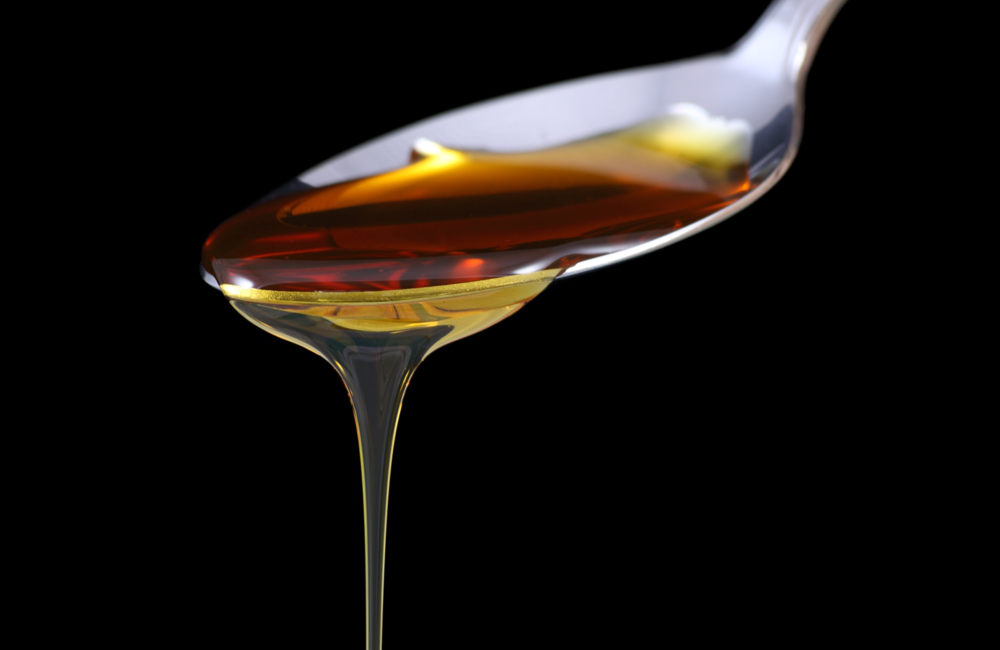Kamei A, Watanabe Y, Shinozaki F, Yasuoka A, Shimada K, Kondo K, Ishijima T, Toyoda T, Arai S, Kondo T, Abe K. Quantitative deviating effects of maple syrup extract supplementation on the hepatic gene expression of mice fed a high‐fat diet. Molecular Nutrition & Food Research. 2017, 61:1600477. doi.org/10.1002/mnfr.201600477
Abstract
Scope
Maple syrup contains various polyphenols and we investigated the effects of a polyphenol‐rich maple syrup extract (MSXH) on the physiology of mice fed a high‐fat diet (HFD).
Methods and results
The mice fed a low‐fat diet (LFD), an HFD, or an HFD supplemented with 0.02% (002MSXH) or 0.05% MSXH (005MSXH) for 4 weeks. Global gene expression analysis of the liver was performed, and the differentially expressed genes were classified into three expression patterns; pattern A (LFD < HFD > 002MSXH = 005MSXH, LFD > HFD < 002MSXH = 005MSXH), pattern B (LFD < HFD = 002MSXH > 005MSXH, LFD > HFD = 002MSXH < 005MSXH), and pattern C (LFD < HFD > 002MSXH < 005MSXH, LFD > HFD < 002MSXH > 005MSXH). Pattern A was enriched in glycolysis, fatty acid metabolism, and folate metabolism. Pattern B was enriched in tricarboxylic acid cycle while pattern C was enriched in gluconeogenesis, cholesterol metabolism, amino acid metabolism, and endoplasmic reticulum stress‐related event.
Conclusion
Our study suggested that the effects of MSXH ingestion showed (i) dose‐dependent pattern involved in energy metabolisms and (ii) reversely pattern involved in stress responses.


